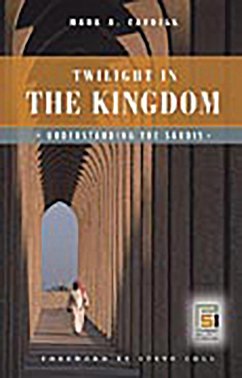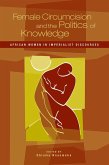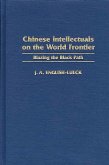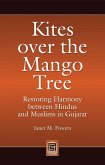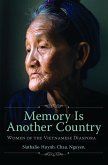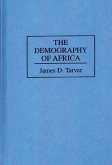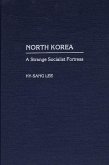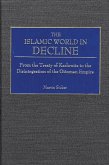Among the intelligence failures that came to light after the attacks of September 11, there was one that did not result from the failures of spying, decoding secret messages, or interagency communication. Rather, it arose merely from not paying sufficient attention to circumstances that were relatively out in the open-the simmering anti-Western rage that had been swelling up in Saudi Arabia in the 1990s. Mark Caudill was there, in the ancient Hejazi port city of Jeddah, at a critical time. From September 1999 to July 2002 he served as an American diplomat at the U.S. Consulate General. Engaged in cultural research, he wrote dispatches to his superiors in the U.S. State Department about what he learned of the Saudis from participating in the most important rituals and activities of their lives. His unclassified essays served as the inspiration for this enlightening book. Now everyone can learn what the U.S. government knew about Saudi society, and when they knew it. After the terrorist attacks of September 11, 2001, many intelligence failures have come to light. The United States has become obsessed with who knew what when, and with why the various warnings weren't pieced together, why agencies failed to coordinate, and who is to blame. Asked less frequently, lost in a sea of details, is the question of how and why we failed to pay attention to the simmering anti-Western rage that had been swelling up in Saudi Arabia in the 1990s, as their economy sputtered, their youth sat idle, and their oil profits enriched the already wealthy and did nothing for the vast majority. As the United States government and the Saudi royal family cemented their ties and became closer than ever, young extremists who felt betrayed by the Saudi government concentrated their anger on the Americans, partly because it was safer than criticizing their own authoritarian government. Although many of the ranters engaged in anti-American trash talking for sport, some meant what they said, and some acted, with tragic consequences. Mark Caudill was there, in the ancient Hejazi port city of Jeddah, the Kingdom's commercial capital, at a critical time. From September 1999 to July 2002, he served as an American diplomat at the U.S. Consulate General. He was engaged in cultural research, one might say, writing dispatches to his superiors in the U.S. State Department about what he learned of the Saudis from participating in the most important rituals and activities of their lives. A converted Muslim who could pass for Syrian due to his appearance, he was often incognito, attending weddings, funerals, and the pilgrimage to Mecca; visiting markets, mosques, and holy cities; and learning all the while about this all-too-little understood ally of ours. His unclassified essays served as the inspiration for this enlightening book, and now we can all learn what the U.S. government knew about Saudi society, and when they knew it.
Bitte wählen Sie Ihr Anliegen aus.
Rechnungen
Retourenschein anfordern
Bestellstatus
Storno

